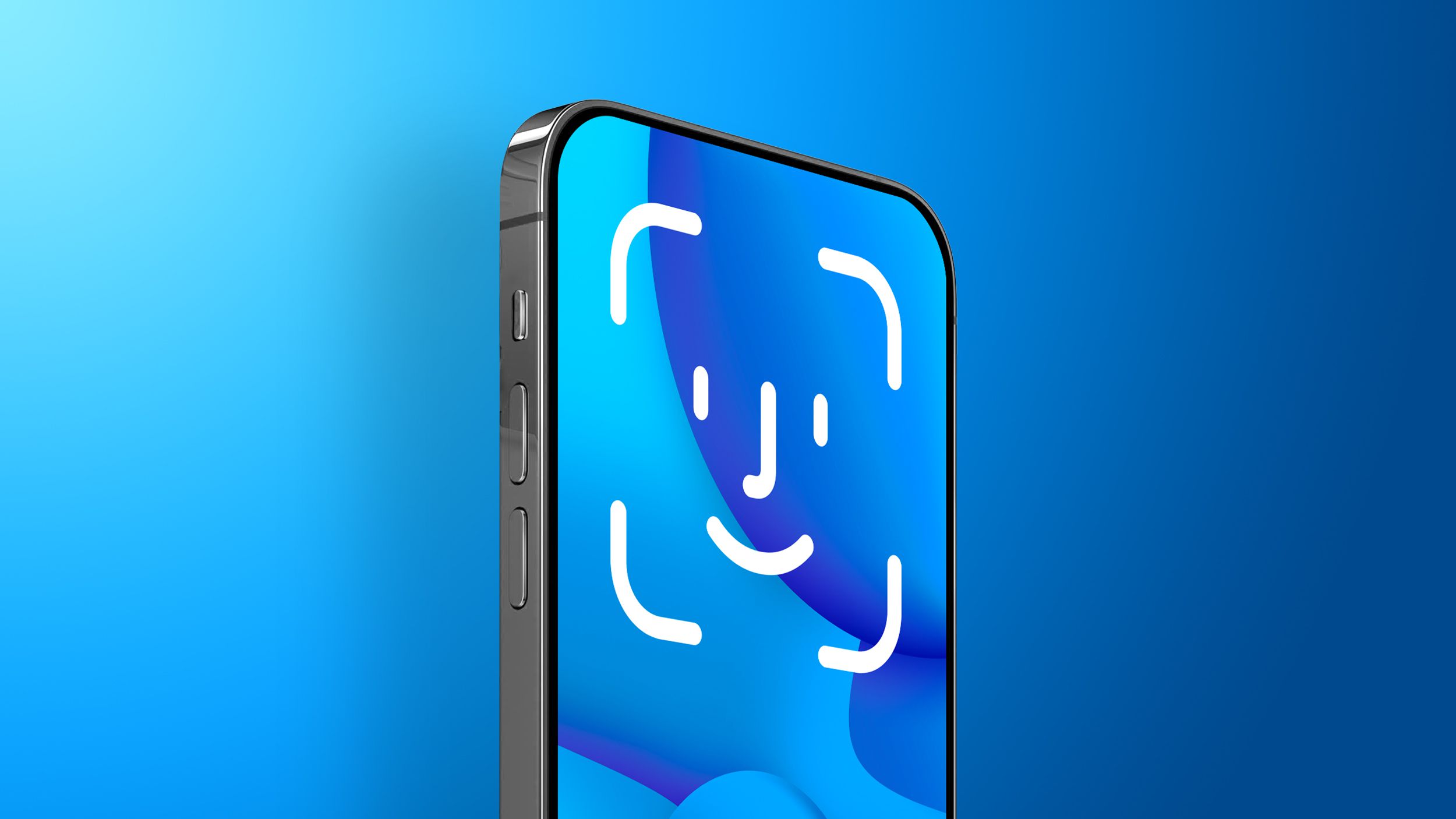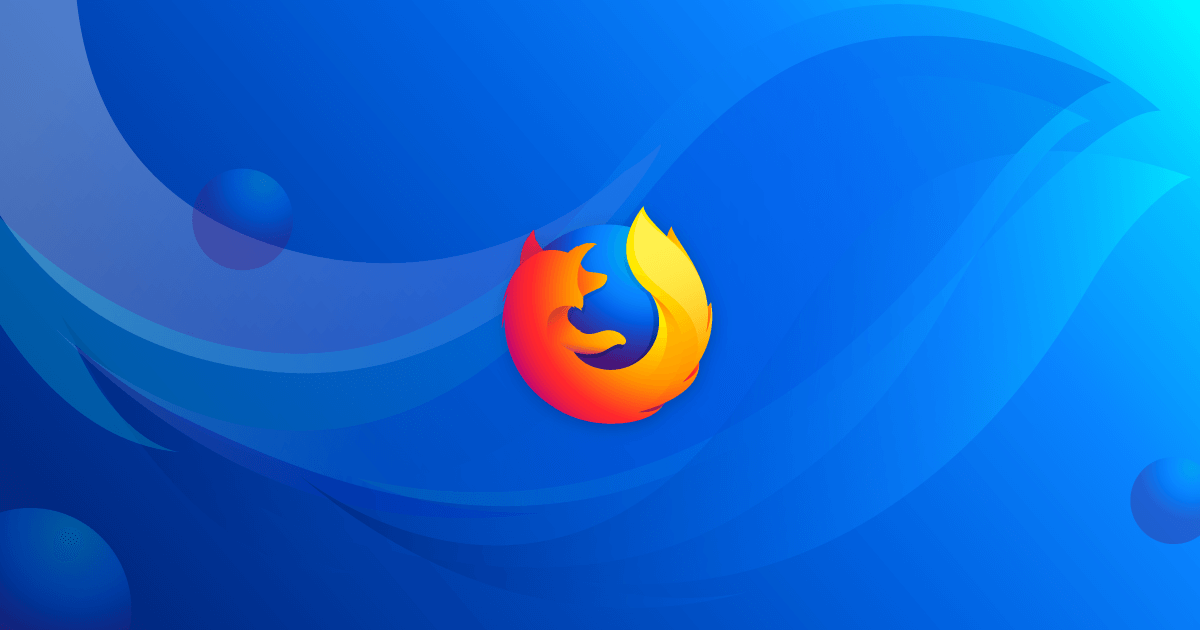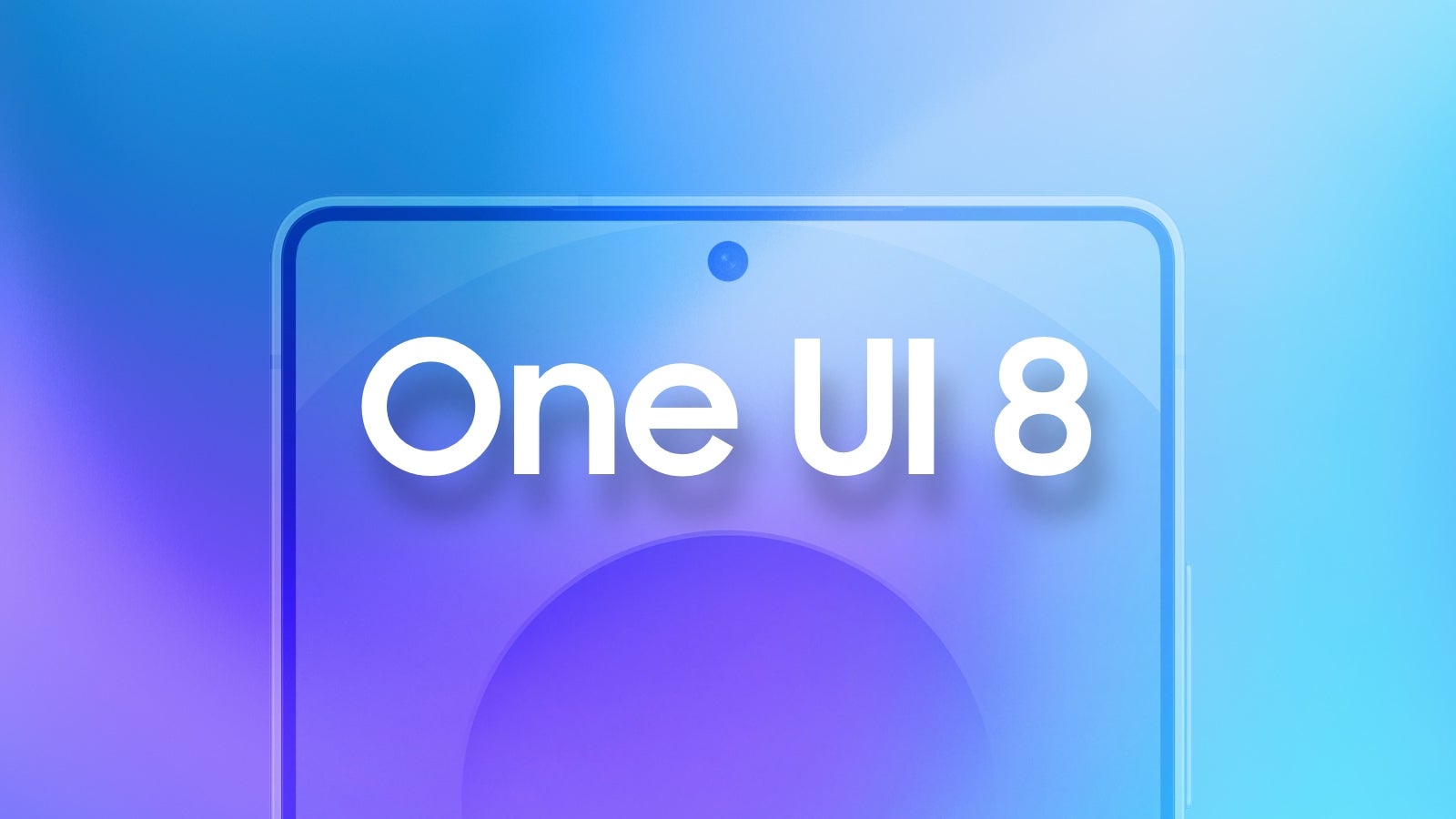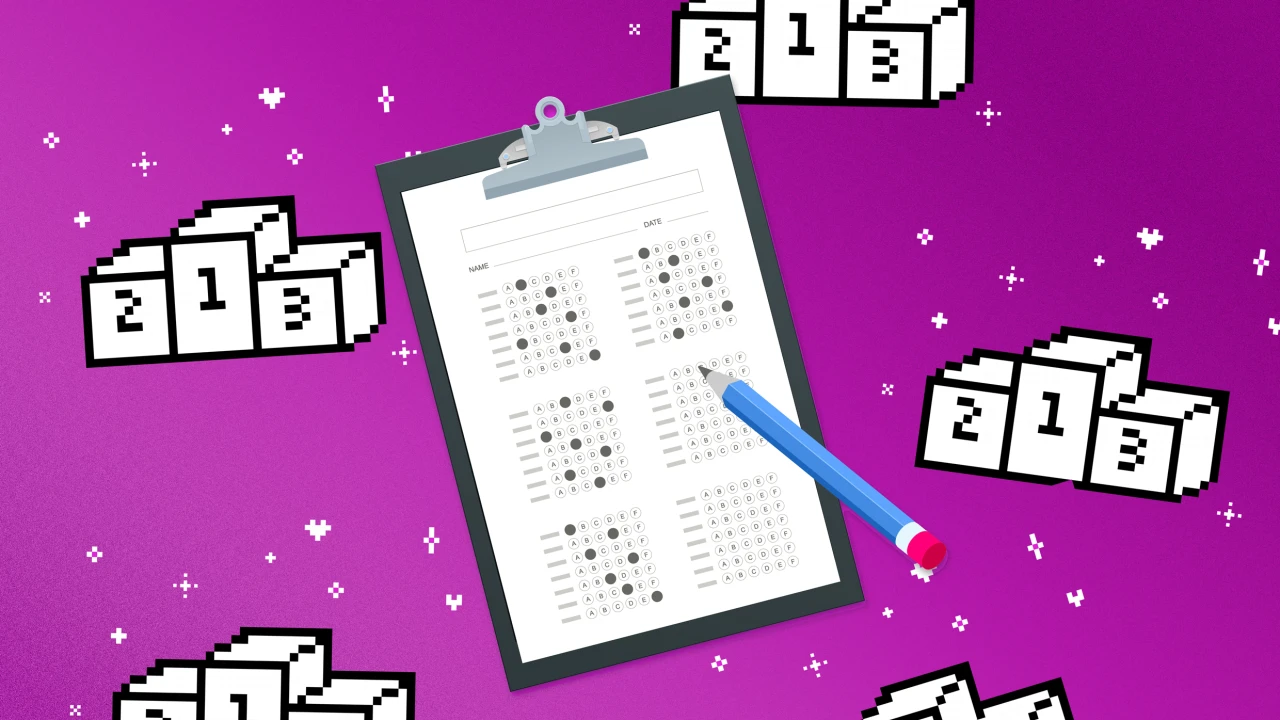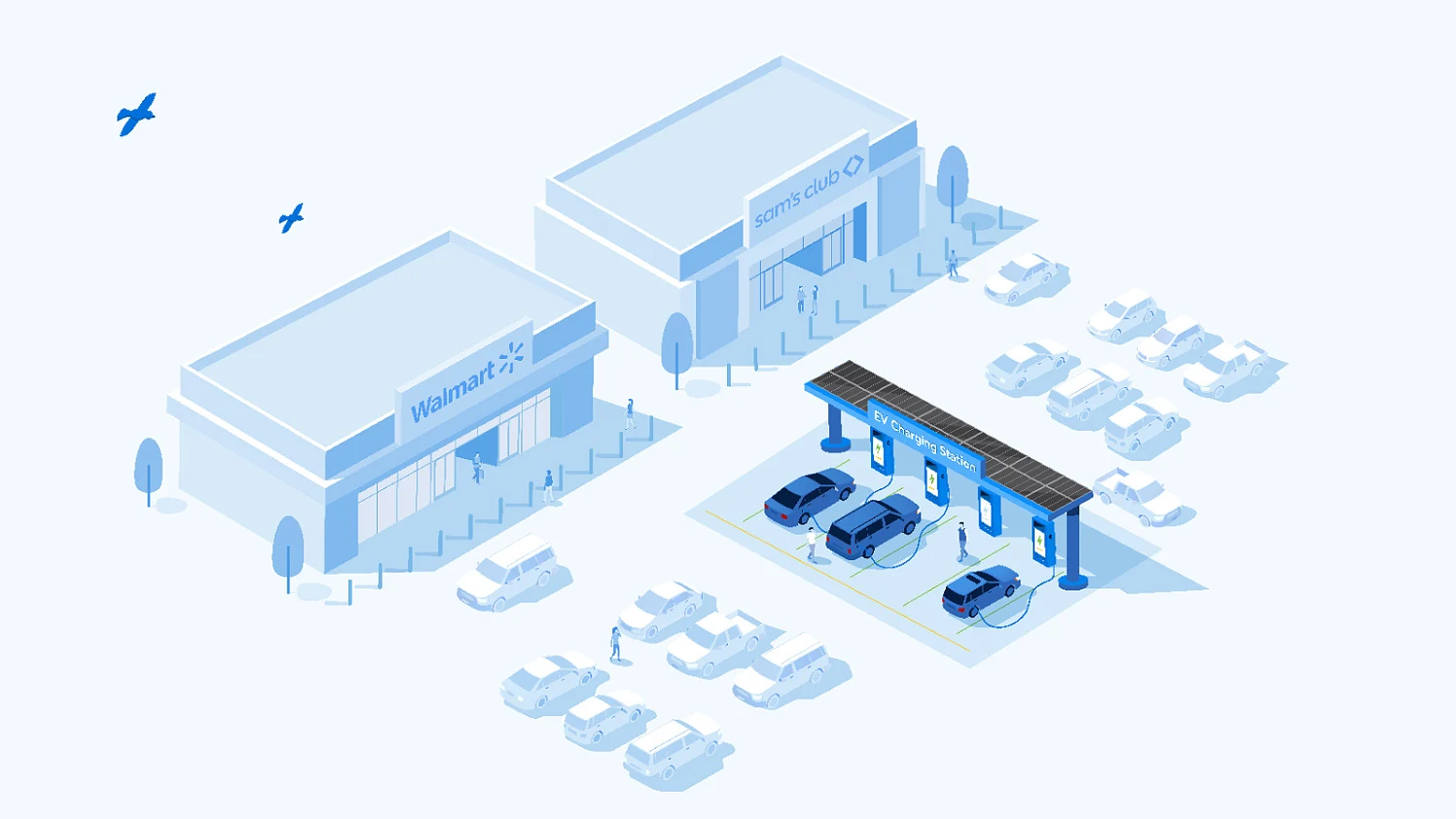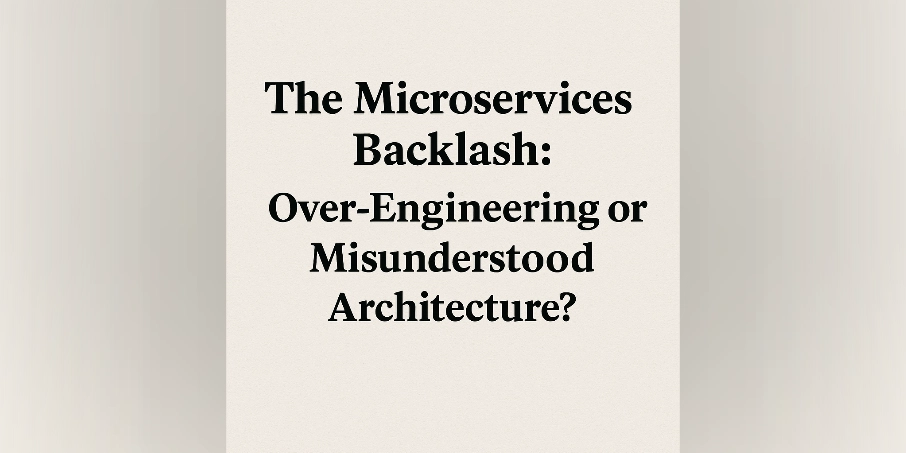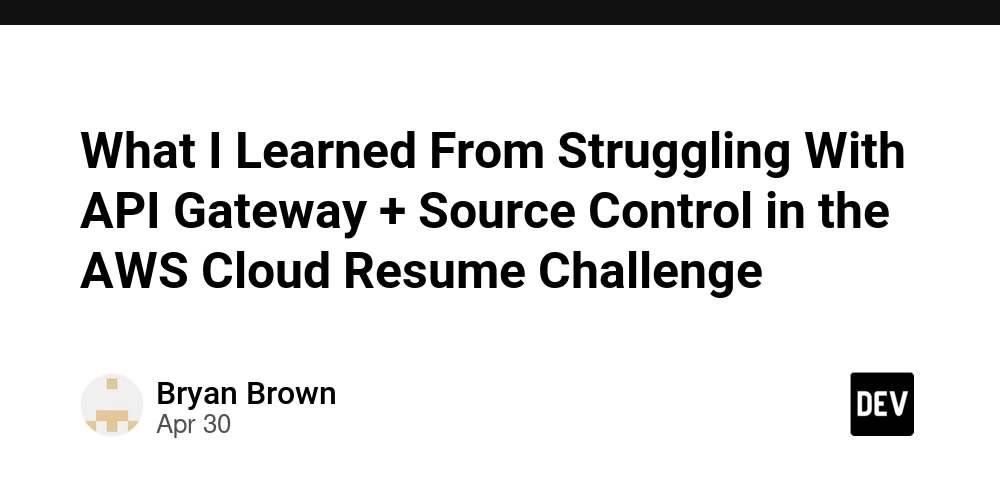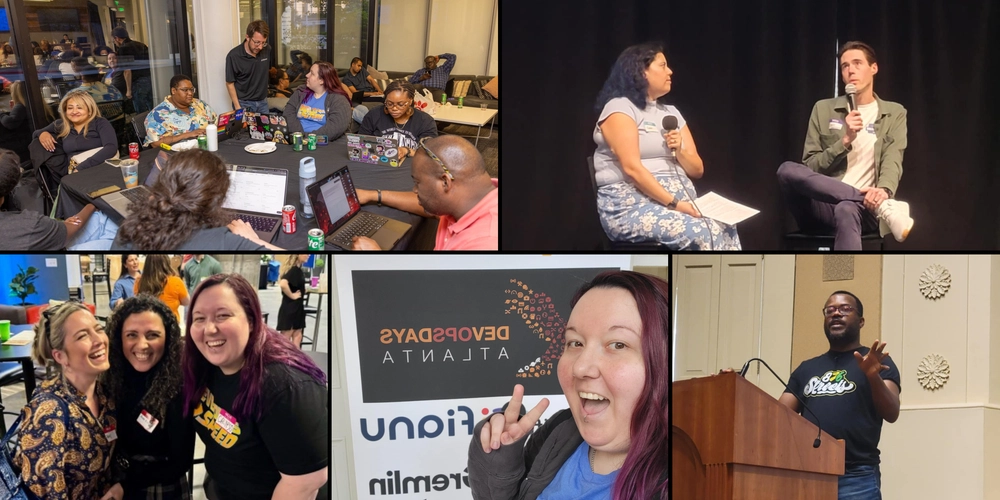AI in Software Development – Between Productivity Gains and Knowledge Loss
Work-related Contact As a Java developer with ten years of professional experience, I rarely need AI support. Here, AI serves more as a sparring partner to validate ideas or make small optimizations. In the frontend domain, however, it’s a different story. My knowledge is much more limited in this area, so I rely heavily on AI, often as a near-complete code generator rather than just for small snippets. This makes me feel productive while actively learning – my willingness to learn is high here. I often ask the AI why something works the way it does. When it comes to PowerShell scripts, my interest completely fades. I’m not even willing to learn this language. Instead, I let the AI generate entire scripts and appreciate that it takes this work off my plate. The complexity is usually manageable enough that the AI has consistently delivered appropriate solutions so far. Still, the script must be tested and cannot be blindly trusted. A completely different example is music generation. I lack both equipment and singing talent, but I enjoy writing song lyrics. Thanks to AI, a whole new world opens up for me: I write the lyrics, and the AI takes care of the rest – composition, instruments, and vocals. In summary, I use artificial intelligence on different levels, with varying intentions and degrees of willingness or intent to learn. But this raises a crucial question: What does this growing reliance on AI mean for our long-term knowledge development? Cognitive Offloading – Delegating Mental Tasks to External Helpers The term cognitive offloading describes the delegation of mental processes to external tools such as smartphones, calculators, or artificial intelligence. This concept isn’t new; for decades, we’ve relied on technology to ease our memory load or complete complex tasks more quickly. The Google Effect – Digital Amnesia in Everyday Life A well-known example of cognitive offloading is the so-called Google Effect. Studies from 2011 showed that people are worse at remembering information when they know it’s always accessible online. The brain no longer stores the actual information but only remembers where to find it. A popular saying captures this idea: You don’t need to know how it works; you just need to know where it’s written. Similarly, regular use of GPS systems like Google Maps has been shown to reduce spatial orientation skills and make it harder to remember routes. Historical Parallels – Calculators and More Other technologies illustrate similar effects: Students who rely solely on calculators early on lose mental arithmetic skills. Developers who frequently copy code snippets from Stack Overflow without understanding them develop shallow competence without deep knowledge of the subject. These examples highlight that cognitive offloading offers short-term efficiency gains but often results in valuable knowledge loss over time. Benefits: Faster Work and Better Results AI tools like GitHub Copilot or ChatGPT offer significant advantages: Productivity boost: Routine tasks can be automated. For disliked or unfamiliar tasks (like PowerShell scripts), this saves considerable time. Improved code quality: AI detects errors early and suggests optimizations. In frontend development, for instance, I’ve learned best practices through these tools. New creative opportunities: As my music example shows, AI opens entirely new creative possibilities – regardless of prior skills. Risks: Loss of Deep Understanding and Critical Thinking However, there are also downsides: Illusory knowledge: Observations show that developers often overestimate the quality of AI-generated code. An analysis by Dreamhost found that while AI solutions appear comprehensive, they are frequently inefficient or error-prone. Users tend to question these suggestions less critically, leading to superficial understanding and uncritical adoption. Loss of "code smell" instincts: A Microsoft study revealed that excessive reliance on AI weakens critical thinking. Developers increasingly depend on AI tools instead of analyzing problems themselves. This cognitive relief can lead to a decline in skills such as identifying "code smells" or questioning refactorings. Long-term erosion of expertise: Continuously delegating mental processes to external tools (as I do with PowerShell) risks losing neural networks in the brain over time. This can result in an inability to deeply understand complex connections. Strategies for Sustainable Use of AI To harness the benefits of AI while avoiding knowledge loss, we should approach these tools consciously: Active Engagement Instead of Passive Consumption Rather than blindly adopting generated code ("copy-paste"), we should actively understand it: Spaced retrieval practice: Regularly try to manually recreate or at least understand generated code. Explanation-based validation: Justify each adopted sol

Work-related Contact
As a Java developer with ten years of professional experience, I rarely need AI support. Here, AI serves more as a sparring partner to validate ideas or make small optimizations.
In the frontend domain, however, it’s a different story. My knowledge is much more limited in this area, so I rely heavily on AI, often as a near-complete code generator rather than just for small snippets. This makes me feel productive while actively learning – my willingness to learn is high here. I often ask the AI why something works the way it does.
When it comes to PowerShell scripts, my interest completely fades. I’m not even willing to learn this language. Instead, I let the AI generate entire scripts and appreciate that it takes this work off my plate. The complexity is usually manageable enough that the AI has consistently delivered appropriate solutions so far. Still, the script must be tested and cannot be blindly trusted.
A completely different example is music generation. I lack both equipment and singing talent, but I enjoy writing song lyrics. Thanks to AI, a whole new world opens up for me: I write the lyrics, and the AI takes care of the rest – composition, instruments, and vocals.
In summary, I use artificial intelligence on different levels, with varying intentions and degrees of willingness or intent to learn. But this raises a crucial question: What does this growing reliance on AI mean for our long-term knowledge development?
Cognitive Offloading – Delegating Mental Tasks to External Helpers
The term cognitive offloading describes the delegation of mental processes to external tools such as smartphones, calculators, or artificial intelligence. This concept isn’t new; for decades, we’ve relied on technology to ease our memory load or complete complex tasks more quickly.
The Google Effect – Digital Amnesia in Everyday Life
A well-known example of cognitive offloading is the so-called Google Effect. Studies from 2011 showed that people are worse at remembering information when they know it’s always accessible online. The brain no longer stores the actual information but only remembers where to find it. A popular saying captures this idea: You don’t need to know how it works; you just need to know where it’s written.
Similarly, regular use of GPS systems like Google Maps has been shown to reduce spatial orientation skills and make it harder to remember routes.
Historical Parallels – Calculators and More
Other technologies illustrate similar effects:
- Students who rely solely on calculators early on lose mental arithmetic skills.
- Developers who frequently copy code snippets from Stack Overflow without understanding them develop shallow competence without deep knowledge of the subject.
These examples highlight that cognitive offloading offers short-term efficiency gains but often results in valuable knowledge loss over time.
Benefits: Faster Work and Better Results
AI tools like GitHub Copilot or ChatGPT offer significant advantages:
- Productivity boost: Routine tasks can be automated. For disliked or unfamiliar tasks (like PowerShell scripts), this saves considerable time.
- Improved code quality: AI detects errors early and suggests optimizations. In frontend development, for instance, I’ve learned best practices through these tools.
- New creative opportunities: As my music example shows, AI opens entirely new creative possibilities – regardless of prior skills.
Risks: Loss of Deep Understanding and Critical Thinking
However, there are also downsides:
- Illusory knowledge: Observations show that developers often overestimate the quality of AI-generated code. An analysis by Dreamhost found that while AI solutions appear comprehensive, they are frequently inefficient or error-prone. Users tend to question these suggestions less critically, leading to superficial understanding and uncritical adoption.
- Loss of "code smell" instincts: A Microsoft study revealed that excessive reliance on AI weakens critical thinking. Developers increasingly depend on AI tools instead of analyzing problems themselves. This cognitive relief can lead to a decline in skills such as identifying "code smells" or questioning refactorings.
- Long-term erosion of expertise: Continuously delegating mental processes to external tools (as I do with PowerShell) risks losing neural networks in the brain over time. This can result in an inability to deeply understand complex connections.
Strategies for Sustainable Use of AI
To harness the benefits of AI while avoiding knowledge loss, we should approach these tools consciously:
Active Engagement Instead of Passive Consumption
Rather than blindly adopting generated code ("copy-paste"), we should actively understand it:
- Spaced retrieval practice: Regularly try to manually recreate or at least understand generated code.
- Explanation-based validation: Justify each adopted solution in your own words or sketches.
- Gamified challenge modes: Use tools in modes requiring partial manual input (e.g., GitHub Copilot in restricted mode).
Make Contextual Decisions
Not every task is equally suited for cognitive offloading. Be selective about when and how you delegate tasks.
Promote Conscious Learning
Schedule regular "deep coding" sessions – times without any AI support – to deliberately strengthen your skills:
- Reserve about 30% of your work time for independent work without AI.
- Always combine automated code suggestions with manual reviews.
- Use personal notes or knowledge graphs to document key insights from working with AI-generated code.
Future Perspectives – Will AI Become Our Cognitive Symbiont?
Emerging technologies like OpenAI’s Memory API could amplify both extremes:
- In a negative scenario, developers may lose their ability for independent knowledge synthesis and become fully dependent on personalized suggestions.
- In a positive scenario, however, AI could act as a helpful cognitive mirror – identifying knowledge gaps early and providing targeted learning prompts.
Neuroplasticity research clearly shows that hybrid learning (combining AI use with deliberate manual phases) yields the best long-term results.
The Art of Conscious Forgetting
Every technological innovation brings both opportunities and risks – from calculators to modern artificial intelligence.
For software developers specifically, this means we shouldn’t view cognitive offloading as an easy shortcut but rather as a strategic tool. If we embrace this mindset and reflect consciously on our practices, the era of artificial intelligence won’t make us weaker – but stronger than ever before.





































































































































































![[The AI Show Episode 145]: OpenAI Releases o3 and o4-mini, AI Is Causing “Quiet Layoffs,” Executive Order on Youth AI Education & GPT-4o’s Controversial Update](https://www.marketingaiinstitute.com/hubfs/ep%20145%20cover.png)




























































































































![[DEALS] Microsoft 365: 1-Year Subscription (Family/Up to 6 Users) (23% off) & Other Deals Up To 98% Off – Offers End Soon!](https://www.javacodegeeks.com/wp-content/uploads/2012/12/jcg-logo.jpg)




![From Art School Drop-out to Microsoft Engineer with Shashi Lo [Podcast #170]](https://cdn.hashnode.com/res/hashnode/image/upload/v1746203291209/439bf16b-c820-4fe8-b69e-94d80533b2df.png?#)








































































































(1).jpg?#)






























_Inge_Johnsson-Alamy.jpg?width=1280&auto=webp&quality=80&disable=upscale#)
























































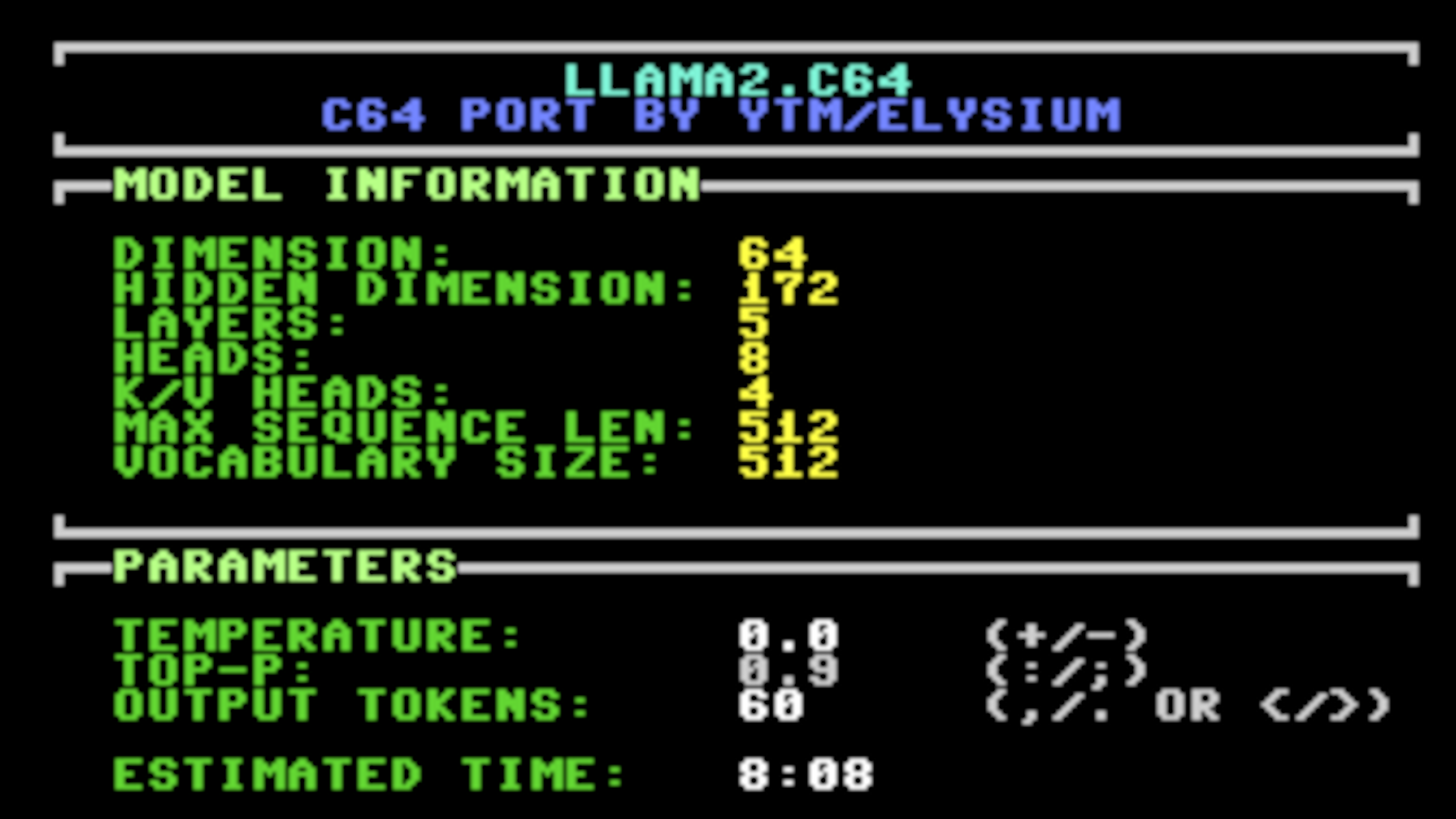




























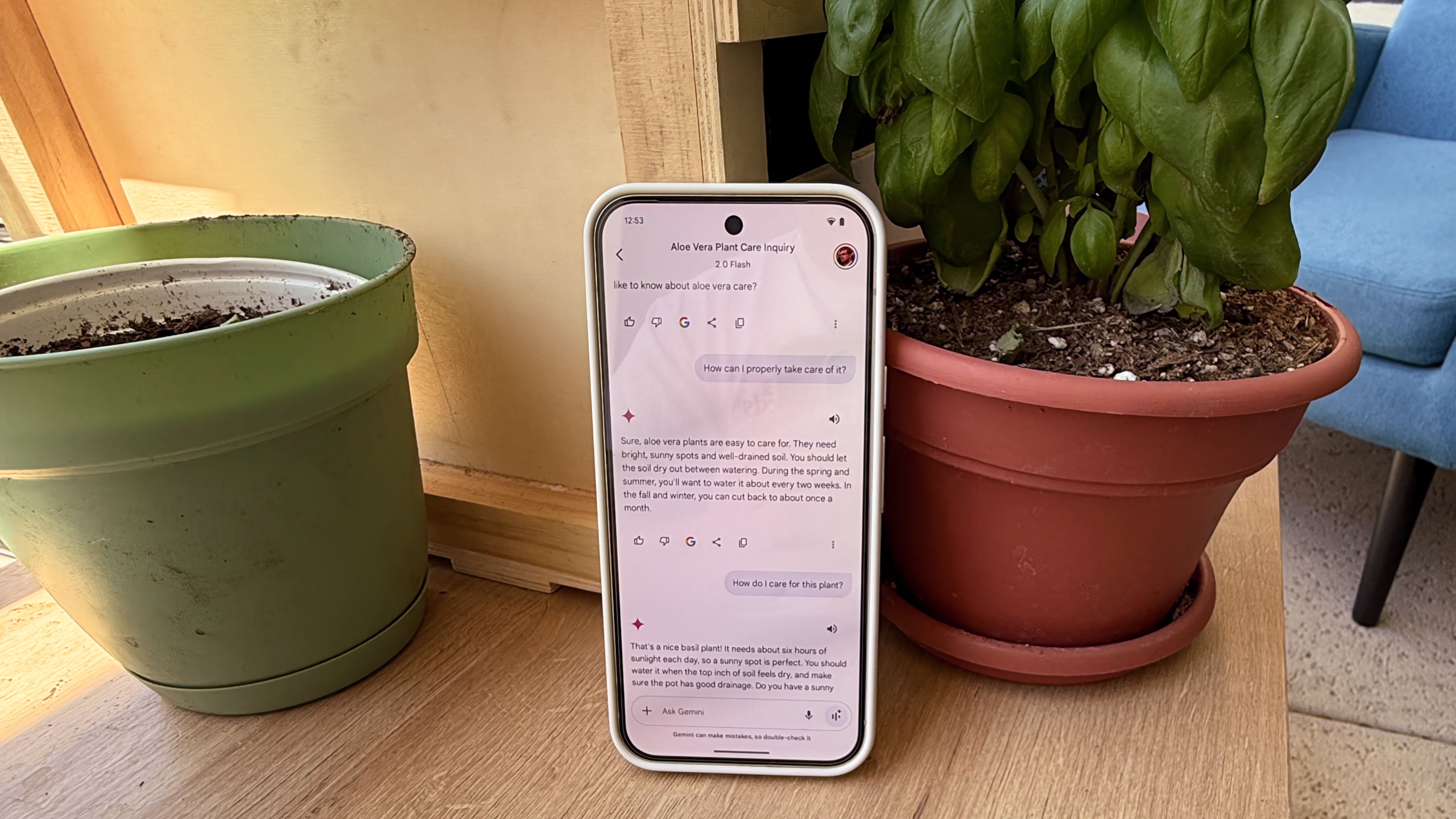

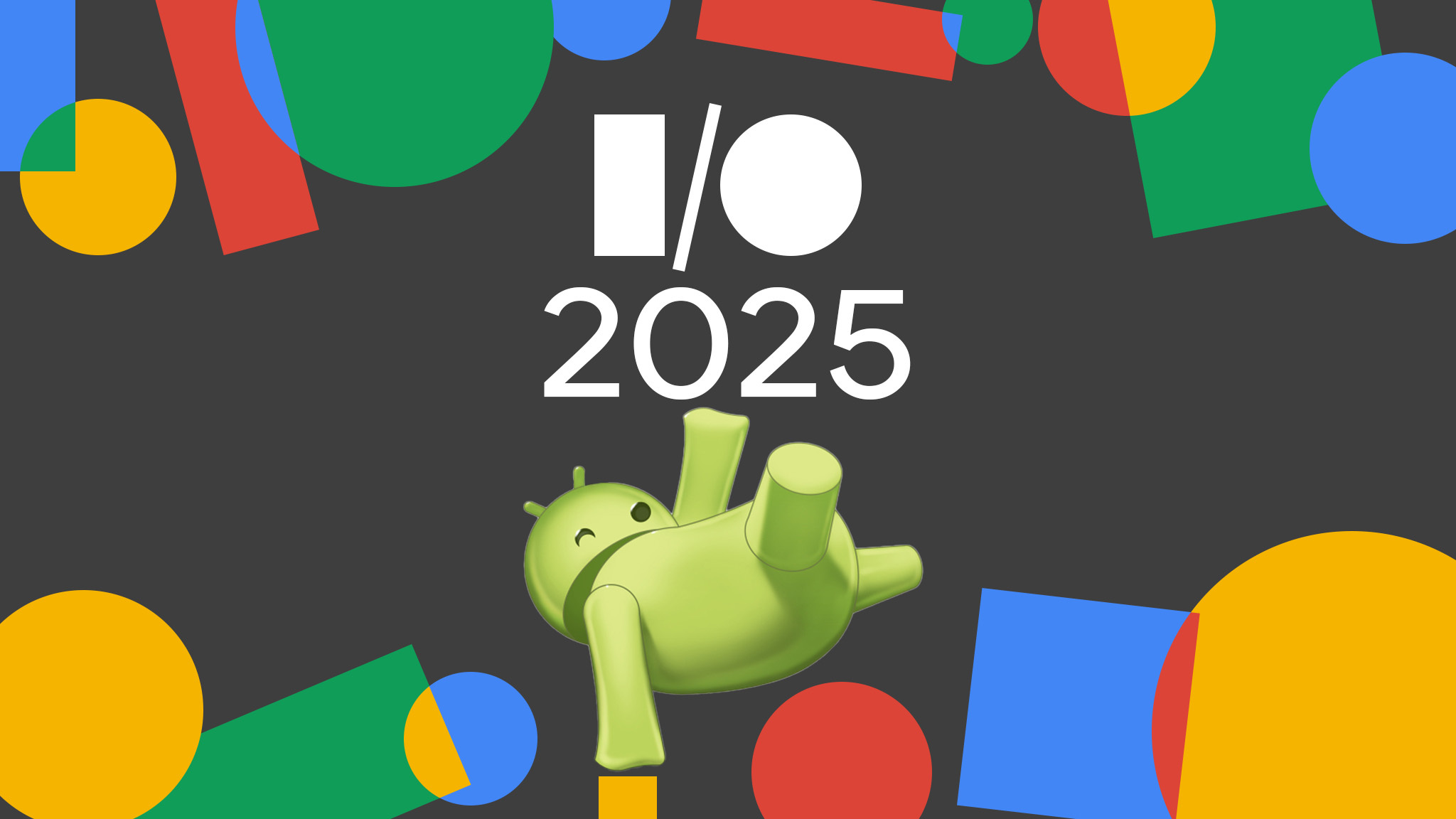





















![Apple to Split iPhone Launches Across Fall and Spring in Major Shakeup [Report]](https://www.iclarified.com/images/news/97211/97211/97211-640.jpg)
![Apple to Move Camera to Top Left, Hide Face ID Under Display in iPhone 18 Pro Redesign [Report]](https://www.iclarified.com/images/news/97212/97212/97212-640.jpg)
![Apple Developing Battery Case for iPhone 17 Air Amid Battery Life Concerns [Report]](https://www.iclarified.com/images/news/97208/97208/97208-640.jpg)
![AirPods 4 On Sale for $99 [Lowest Price Ever]](https://www.iclarified.com/images/news/97206/97206/97206-640.jpg)

































![[Updated] Samsung’s 65-inch 4K Smart TV Just Crashed to $299 — That’s Cheaper Than an iPad](https://www.androidheadlines.com/wp-content/uploads/2025/05/samsung-du7200.jpg)










